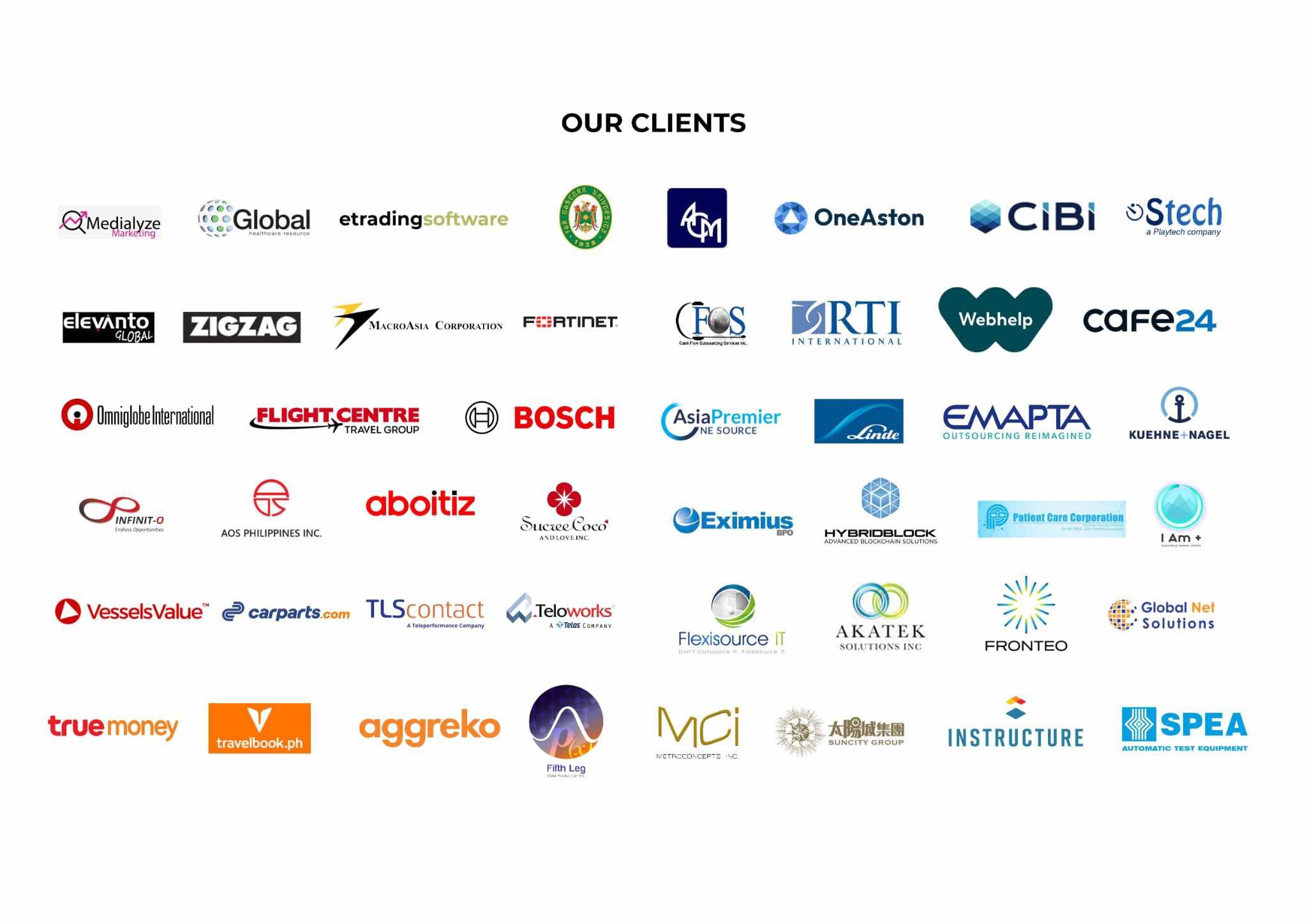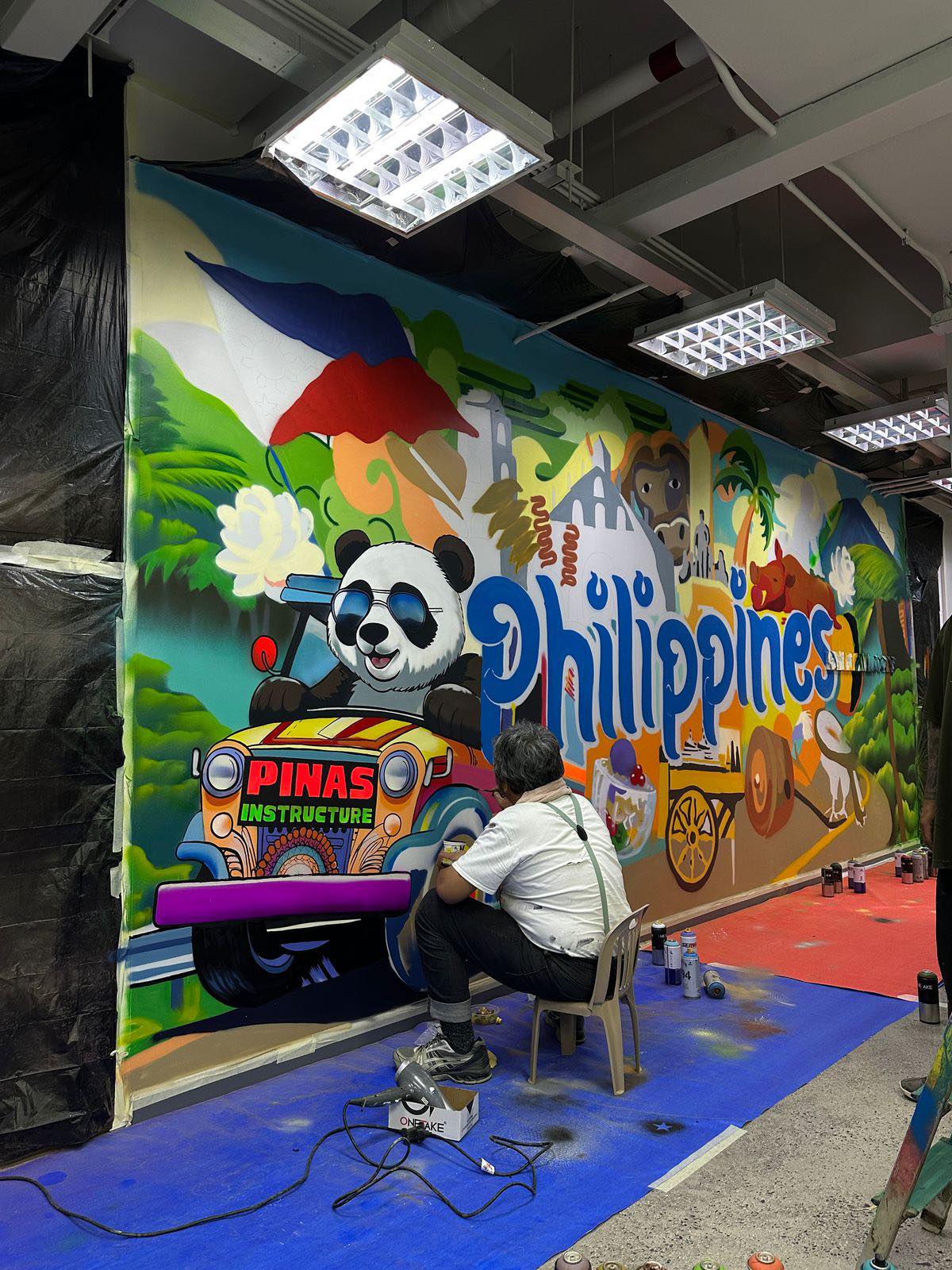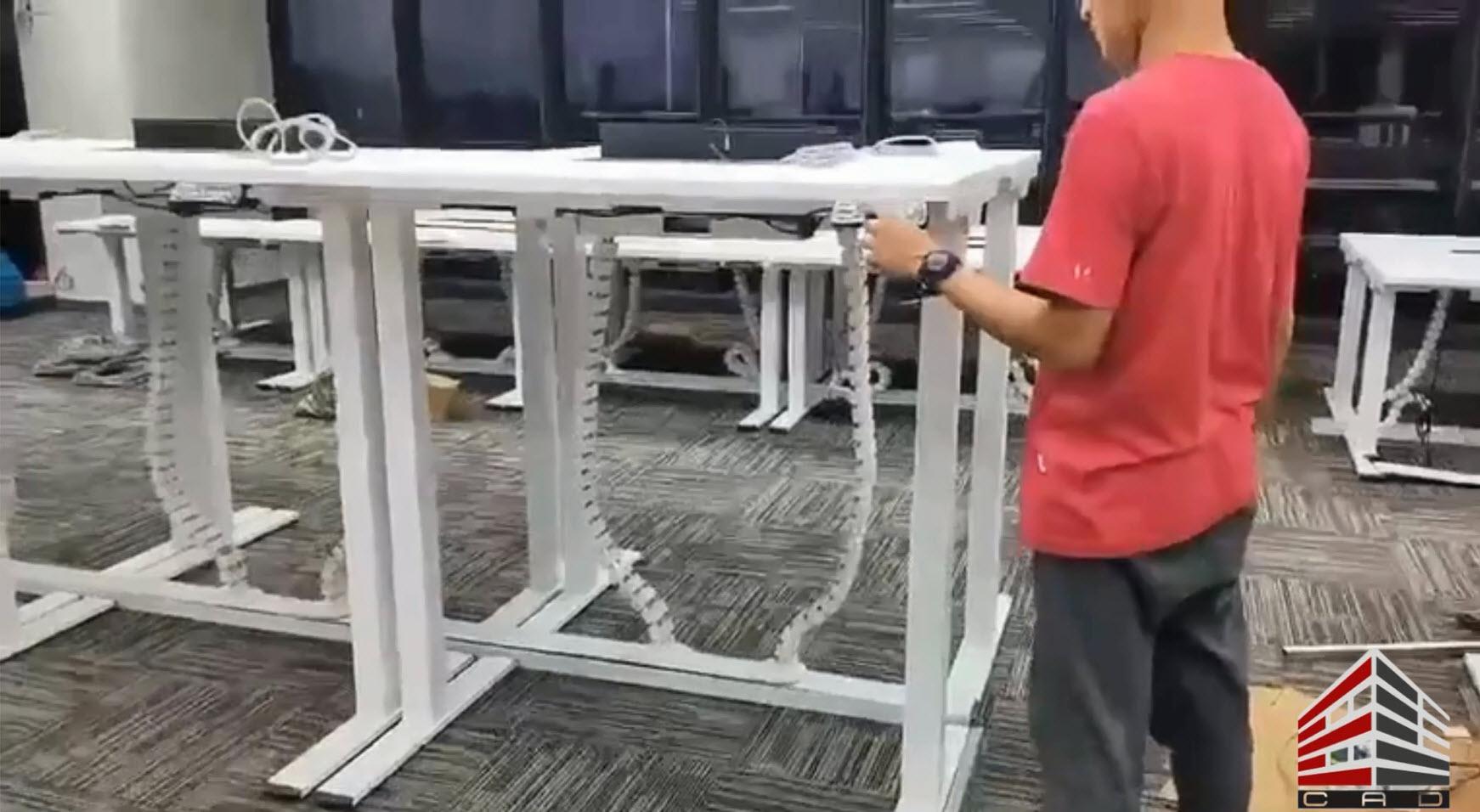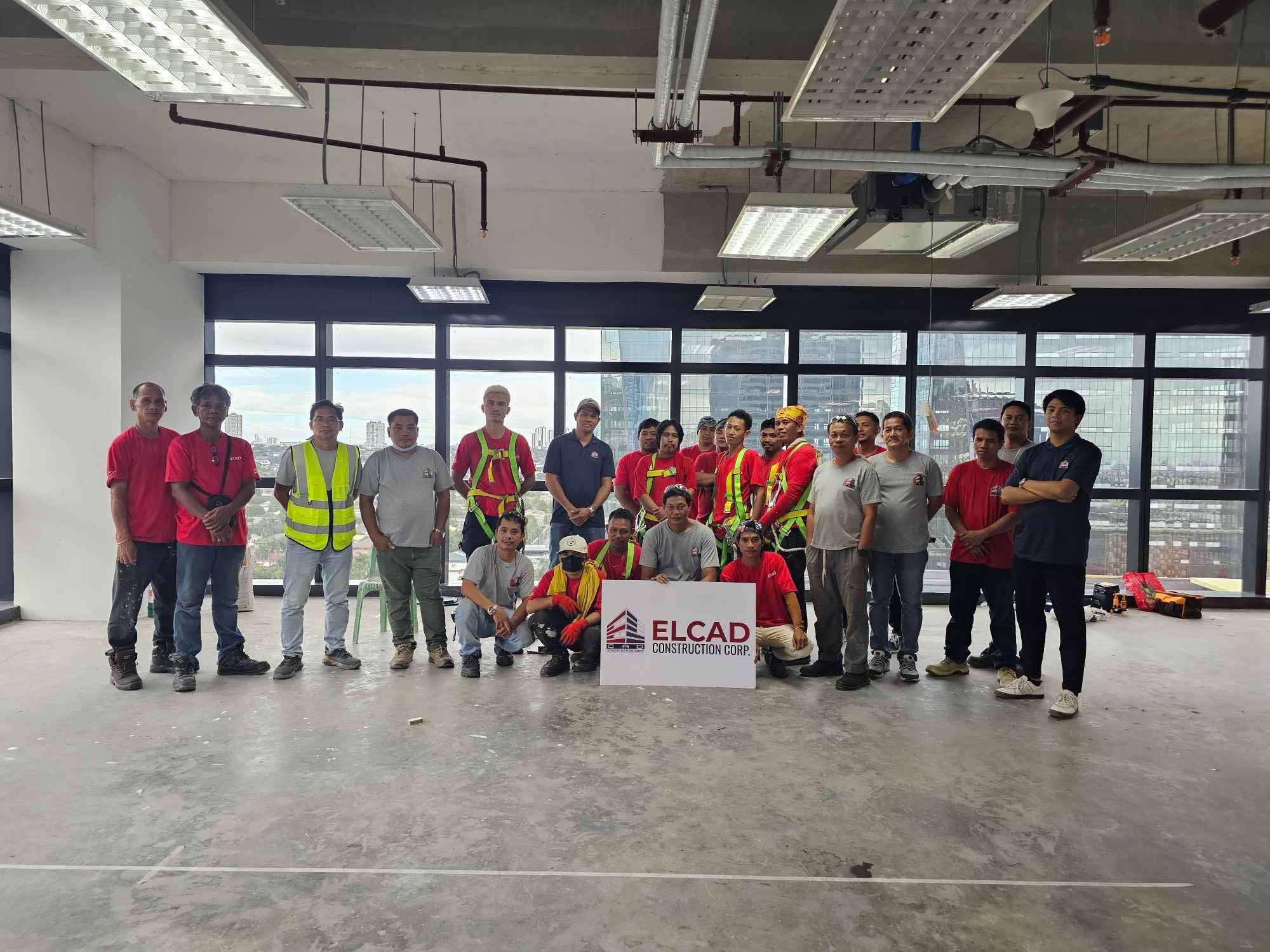Looking for practical ways to increase office productivity? In today’s competitive business environment, productivity isn’t just about output—it’s also about how efficiently your team operates. From office layout to equipment and even scheduled breaks, small changes can have a big impact. In this article, we’ll cover five effective strategies that can transform your workplace into a more productive and inspiring environment.
1. Align with Team Goals
Team productivity starts with clear and shared objectives. When everyone understands the company’s direction, they can align their efforts and stay focused. Setting group goals allows teams to track progress, evaluate challenges, and work together toward solutions.
To increase office productivity, establish milestones and hold regular check-ins. Open communication ensures alignment and accountability, which in turn improves output.
2. Improve Workplace Conditions and Interiors

How your workplace looks visually is a big factor that comes to play with office productivity. Your office design and its features can actually have an effect on how you get things done. In order to create an efficient and effective workflow at the office, its best to choose and place the best interiors within the environment that can inspire individuals to produce a high level of work and creativity. Here are some interiors and conditions that can affect your workplace efficiency:
Key Interior Elements to Consider:
-
Lighting and Colors: Natural light and stimulating colors like green or blue can boost mood and energy levels.
-
Ergonomics and Comfort: Quality furniture, especially supportive chairs and spacious desks, makes long hours more bearable.
-
Space Layout: Avoid overcrowding. Ensure there’s a balance between collaborative areas and quiet zones.
Here’s why your office might need an interior redesign.
3. Provide the Right Tools and Equipment
Having the proper tools in place allows employees to work efficiently. Whether it’s updated software, fast internet, or multifunctional office furniture, tools directly impact productivity.
Outdated equipment can cause delays and frustration. Instead, invest in solutions that simplify processes and reduce manual effort. This leads to better results and less burnout.
4. Encourage and Schedule Breaks

Breaks are not a luxury—they’re essential. Long hours without pauses lead to mental fatigue and poor focus. Scheduling breaks helps your team recharge and maintain a high level of concentration throughout the day.
Encourage movement, stretching, or a walk outside. Even a short break can restore motivation and reset the brain for problem-solving.
5. Eliminate Workplace Distractions
Distractions significantly lower productivity. Common culprits include online browsing, excessive noise, clutter, or even overly chatty coworkers.
To minimize distractions:
-
Establish guidelines for personal device use
-
Provide noise-canceling features like acoustic panels
-
Designate quiet zones for deep work
Forbes discusses why unproductive environments affect performance.
Key Takeaway
Improving productivity is not a one-time task—it’s an ongoing effort that includes better planning, office design, and workplace culture. If you’re ready to increase office productivity, start by aligning your goals, upgrading interiors, equipping your team with the right tools, encouraging breaks, and eliminating distractions.
At Elcad, we offer expert fit-out services that create productive and well-designed office environments tailored to your needs. See how we work.






